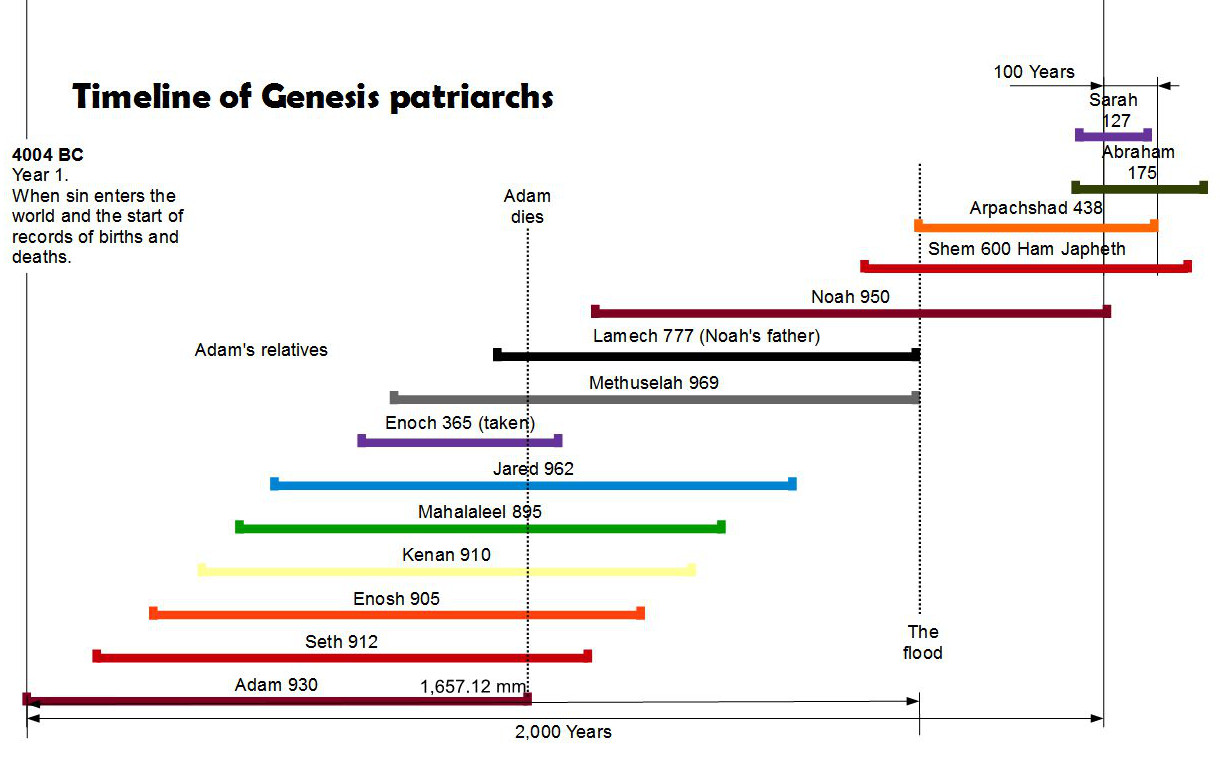Conscience
Conscience is that which gives us an inner warning when we do wrong. We can think of it as acting somewhat like a judge. When a case is brought before him, he must decide not how he feels about it, but whether or not the law of the land has been broken. In order to do this, he must know the law.
In a similar way our conscience operates on the basis of our imperfect code of ethics, that is, our understanding of right and wrong. We all have some code of ethics which comes to us in a number of ways, including man made traditions and superstitions. God has given us the perfect standard of right and wrong in the moral law which when properly understood covers all situations. However fallen human nature has a very limited knowledge of it, Rom 8:7.
While that knowledge is limited, all people have at least some knowledge of God's law, however weak and distorted. This is described as "the work of the law written in the heart" Rom 2:15. This knowledge may be very limited, but it is nevertheless sufficient to render all responsible to God for their actions, Rom 3:19.
Conscience works on this knowledge, Rom 2:14,15; Luke 10:29. This should lead to a conviction of sin, Rom 3:19,20. However, the response of the natural man to conscience leads to the idea of salvation by works, Rom 9:32, and sinful behaviour, Rom 7:8-11.
The Bible describes some consciences as seared with a hot iron and defiled, 1 Tim 4:2; Titus 1:15.
Conscience is the highest faculty in an unregenerate person, and we should be very careful to avoid any action which might wound the conscience of another, 1 Cor 8:7-13; Acts 24:16.
It is an essential guide to behaviour, Rom13:5, but without spiritual illumination it is inadequate, John 8:9.
After conversion the conscience must be cleansed from the false doctrine of salvation by works.

